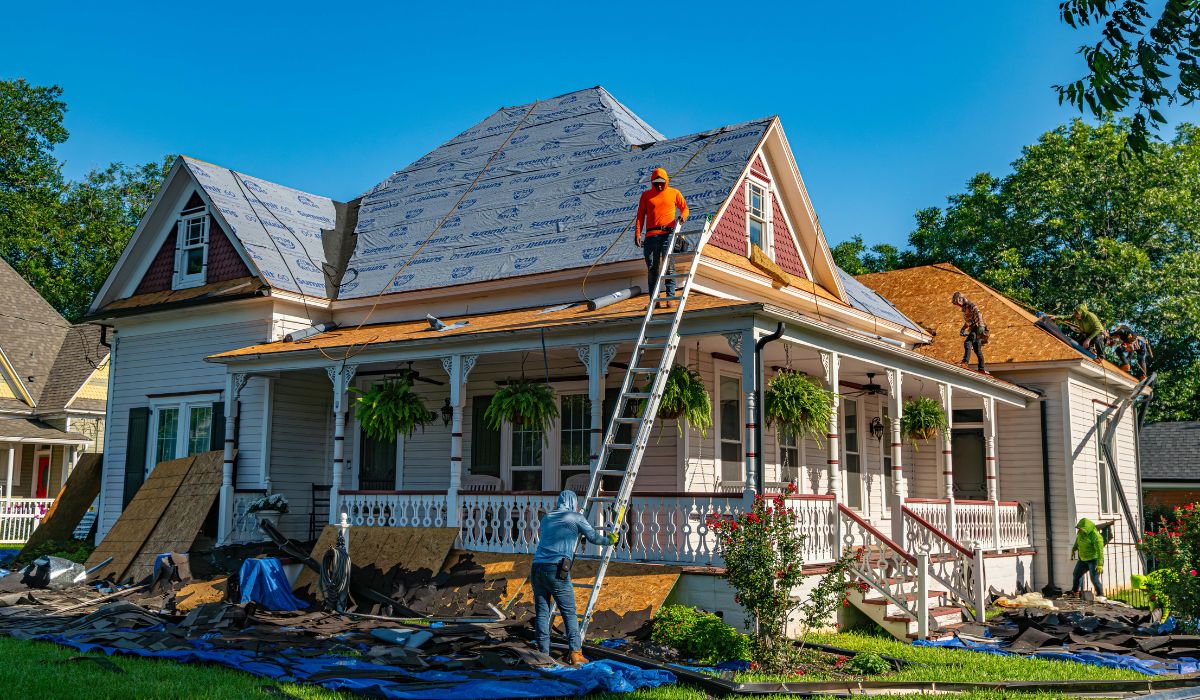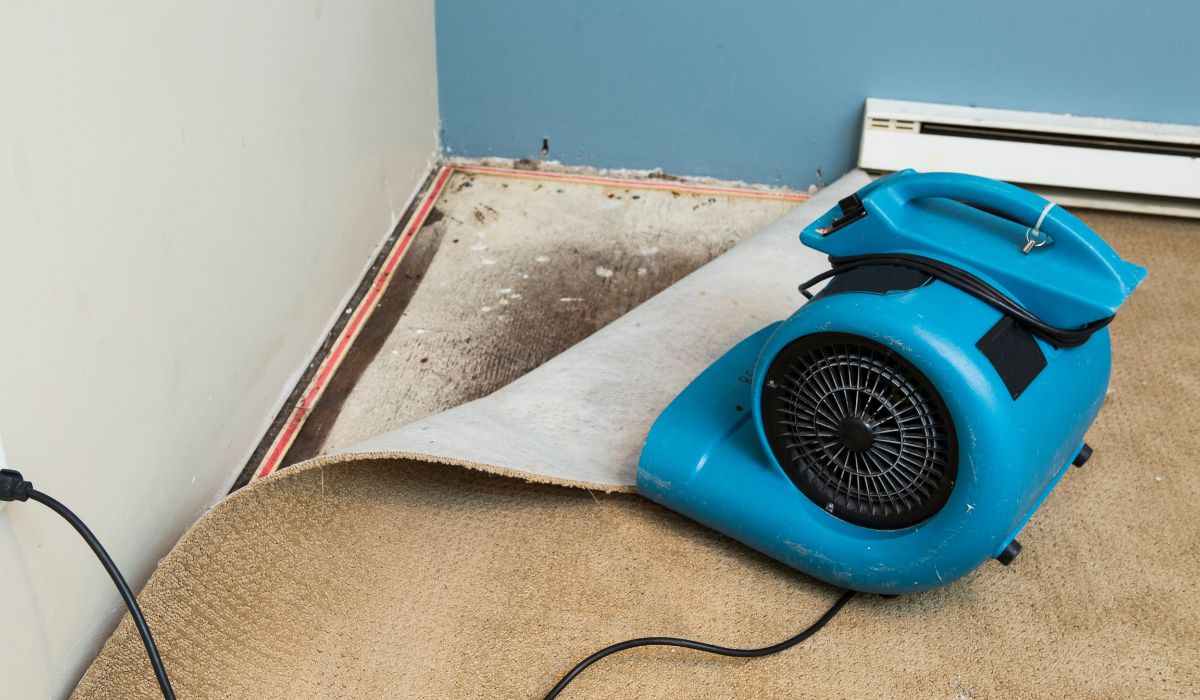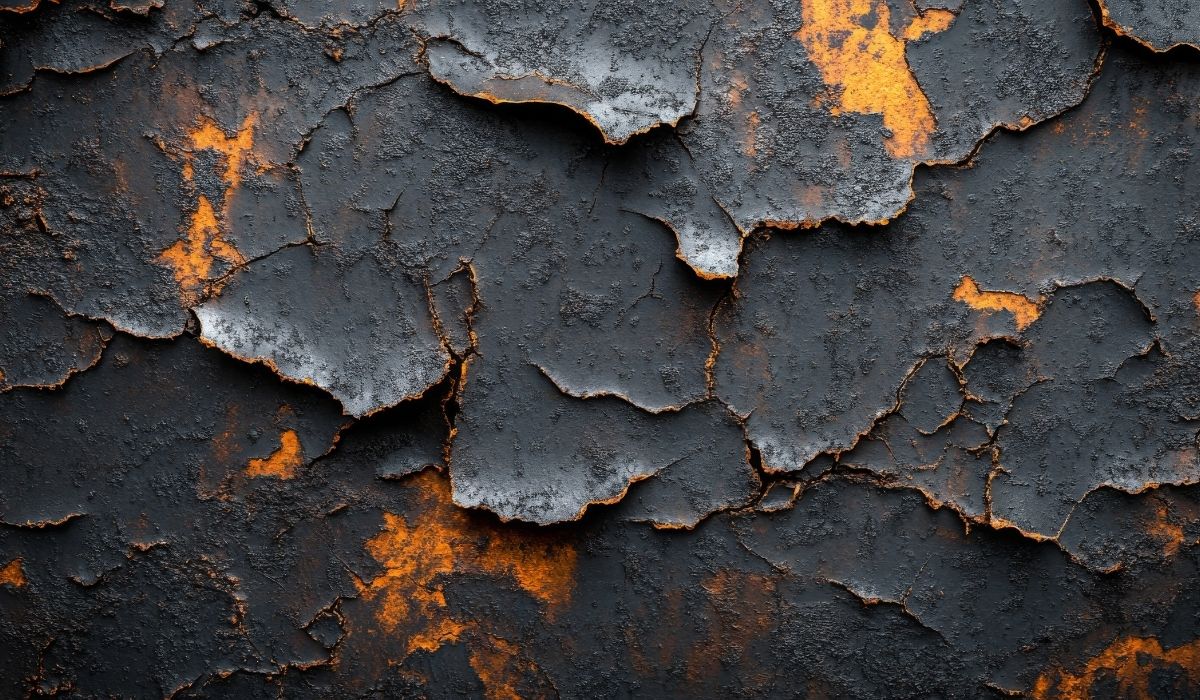Why Fast Response Matters in Commercial Restoration
When a disaster hits your business—like a flood, fire, or mold outbreak—every minute counts. A fast response from emergency restoration companies can make the difference between a quick recovery and lasting property damage. Acting fast not only saves time and money but also protects your health, reputation, and productivity.
In this article, we’ll explore why fast response matters in commercial restoration emergencies, how restoration companies help, and what you can do to create an effective emergency plan for your business.

The Importance of a Rapid Response in Commercial Restoration
When your business faces water damage, fire, or mold, the situation can spiral quickly. Moisture, smoke, and soot can cause ongoing damage even after the main event ends. That’s why a quick response is critical for any commercial property.
A rapid response from an expert restoration company helps:
- Minimize property damage
- Prevent health risks like mold or poor indoor air quality
- Reduce downtime and lost productivity
- Speed up the insurance claim process
- Protect your company’s reputation
When a disaster response team arrives fast, they begin water extraction, debris cleanup, and damage mitigation before problems grow worse.
What Happens When Response Is Delayed
Every hour that passes after a disaster increases risk. Here’s what can happen when emergency restoration services are delayed:
1. Water Damage Gets Worse
Standing water seeps into floors, drywall, and basements. Without quick water extraction, moisture leads to mold growth and structural damage.
2. Mold Can Spread
Mold spores thrive in damp areas. Within 24–48 hours, mold can spread behind walls, under carpets, and throughout your ventilation system, creating health issues and odor problems.
3. Smoke and Soot Cause Long-Term Odor
After a fire, lingering smoke and soot can stain surfaces, corrode metals, and leave behind a lasting smell. A restoration company with quick response can remove these odors before they cause more damage.
4. Business Operations Are Interrupted
When your business shuts down for repairs, productivity drops and profits suffer. Fast emergency restoration services help reopen your doors sooner.
5. Insurance Claims Become More Complicated
Insurance companies expect property owners to act fast to reduce losses. Waiting too long can lead to disputes or reduced coverage. A restoration expert helps you document the damage and file claims correctly.
Common Commercial Restoration Emergencies
Every commercial property faces unique risks. Here are some of the most common emergencies where a fast response is crucial:
Water Damage Emergencies
- Broken pipes or plumbing leaks
- Floods or storms
- Basement or roof leaks
- Faulty sprinklers
Water damage restoration starts with water extraction, drying, and dehumidification to prevent mold and structural damage.
Fire Damage Emergencies
Fire damage restoration includes removing smoke, soot, and odor while cleaning and repairing the property. Quick cleanup prevents further corrosion and contamination.
Mold Infestations
Mold spreads fast in damp environments. A restoration company provides mold remediation and helps improve air quality to protect health and prevent recurrence.
Natural Disasters
Storms, floods, and other natural disasters can strike without warning. Emergency restoration companies are trained for disaster response and can mobilize quickly to limit damage.
The Role of Emergency Restoration Companies
When a disaster hits, emergency restoration companies are your first line of defense. They bring specialized equipment, trained experts, and proven restoration processes to help you recover.
Key Services They Provide
1. Water Extraction and Drying
Using advanced technology like moisture meters, air movers, and dehumidifiers, they remove water quickly and prevent mold growth.
2. Smoke and Odor Removal
After fire or smoke damage, restoration professionals use ozone machines and HEPA filters to eliminate odor and restore air quality.
3. Debris and Soot Cleanup
Fire damage restoration includes safe debris removal, soot cleaning, and restoring affected materials.
4. Structural Drying and Repairs
Once the property is dry, technicians check for hidden moisture, structural risk, and needed repairs to restore your property to pre-damage condition.
5. Mold Remediation
If mold has formed, specialists contain the area, remove contaminated materials, and sanitize to ensure safety and prevent future growth.
Why Speed Protects Your Business and Bottom Line
Every hour matters in a commercial emergency. Fast action helps save your business, reduce costs, and keep employees and customers safe.
Reduces Repair Costs
Quick mitigation limits damage, which means fewer materials need replacing and lower repair pricing.
Protects Employee and Customer Health
Mold, smoke, and soot can cause irritation, asthma, and other health issues. A rapid response prevents exposure to these hazards.
Saves Time and Productivity
The longer your building stays closed, the more productivity suffers. Fast restoration services help your company return to normal operations sooner.
Builds a Positive Reputation
When your company recovers quickly, customers see reliability and management skill. That helps maintain trust and a good reputation.
The Restoration Process: Step by Step
Every restoration company follows a similar process when responding to commercial emergencies.
Step 1: Emergency Contact
When a disaster happens, call an emergency restoration service immediately. Many offer 24/7 emergency services to respond within hours.
Step 2: Inspection and Assessment
Technicians inspect the damage, identify risks, and create a restoration plan tailored to your building.
Step 3: Water Extraction and Mitigation
If water is present, the team begins water extraction to stop further damage and mold growth.
Step 4: Cleaning and Sanitizing
Professionals clean affected areas, remove soot, and treat surfaces with antimicrobial agents to protect health.
Step 5: Drying and Dehumidifying
Specialized technology is used to completely dry walls, floors, and ceilings to prevent mold.
Step 6: Restoration and Repairs
Finally, restoration companies rebuild damaged areas—fixing drywall, repainting, and restoring your property to pre-loss condition.
Technology’s Role in Rapid Restoration
Modern restoration companies rely on advanced technology for faster and more accurate results.
Moisture Detection Tools
Infrared cameras and moisture sensors help locate hidden water inside walls or under floors.
Air Scrubbers and HEPA Filters
These machines remove smoke, soot, and odor particles from the air to restore indoor air quality.
Drying Equipment
Industrial fans and dehumidifiers speed up the drying process, reducing the risk of mold.
Real-Time Monitoring
Some companies use mobile apps to track progress, helping business owners stay updated during the restoration process.
Creating a Commercial Emergency Plan
Being prepared can make a huge difference when disaster strikes. A good emergency management plan should include:
- Emergency contact numbers for your local restoration company
- A clear communication plan for employees
- Insurance policy details
- Evacuation routes and safety procedures
- A list of vital documents and data backups
Having this plan ready ensures you can act fast and reduce damage.
Choosing the Right Restoration Company
Selecting the right restoration company ensures your business gets back to normal quickly and safely.
Look for These Qualities:
- 24/7 emergency service availability
- Certified experts trained in water, fire, and mold restoration
- Transparent pricing and estimates
- Good reviews and a strong local reputation
- Experience with commercial properties and insurance claims
A professional restoration company will guide you through every step of the process and work with your insurance provider for smooth claims.
The Cost of Inaction
Delaying a quick response can turn a small incident into a major disaster. Businesses that wait often face:
- Higher repair costs
- More downtime
- Health and safety hazards
- Permanent odor and mold issues
- Lost customers and damaged reputation
When emergency restoration companies act fast, you prevent these costly consequences.
Real-World Example: Fast Response Saves a Business
After a storm caused a flood in a local commercial building, the property owner called an emergency restoration service right away. The rapid response team arrived within two hours.
They performed water extraction, used dehumidifiers to dry the area, and began mold prevention treatments. Because of this quick action, the business reopened within a few days—avoiding weeks of closure and thousands of dollars in damage.
This example shows how speed and expertise can make all the difference.
Long-Term Benefits of Quick Restoration
A fast response does more than fix immediate damage—it helps your business long-term.
Prevents Future Problems
Proper mitigation stops hidden moisture, reducing future mold or odor issues.
Strengthens Business Continuity
Quick emergency response ensures your company stays operational even during tough times.
Improves Insurance Outcomes
Insurance providers favor businesses that act quickly and work with certified restoration companies.
Enhances Building Safety
Timely repairs improve overall safety and building integrity, protecting both workers and visitors.
How to Improve Emergency Response Time
Want to make sure your business responds quickly to disasters? Follow these simple steps:
- Partner with a trusted restoration company ahead of time.
- Train your employees on basic emergency management steps.
- Keep an updated emergency contact list in visible locations.
- Regularly inspect for leaks, mold, or plumbing issues.
- Make sure your insurance policy is current and covers all types of damage.
Preparation today means faster response and less stress when an emergency occurs.
Why Fast Response Matters Most
Every second after a disaster matters. Quick response limits damage, protects health, and helps your business recover faster. Emergency restoration companies with 24/7 services give you peace of mind knowing help is only a call away.
Fast action keeps your property, employees, and customers safe—while preserving your reputation and financial stability.
When it comes to commercial restoration emergencies, the faster you act, the more you save.

FAQs About Fast Response in Commercial Restoration
1. How fast should I call for help after water or fire damage?
Call an emergency restoration service right away—ideally within the first hour. The sooner you call, the easier it is to prevent mold, odor, and other damage.
2. Can quick restoration really save money?
Yes. A rapid response reduces repair costs, shortens downtime, and prevents future issues, saving your business money in the long run.
3. What if my insurance company needs proof of damage?
A professional restoration company documents all property damage and works directly with your insurance provider to make the process easier.
4. Is mold dangerous if I wait too long to remove it?
Yes. Mold can cause serious health problems, trigger allergies, and spread fast. Always call for mold remediation as soon as you notice signs.
5. How do I find reliable emergency restoration companies?
Look for certified experts, 24/7 services, and strong local reputation. Read reviews and ask about their experience with commercial properties and insurance claims.
Final Thoughts
Fast response in commercial restoration emergencies isn’t just about fixing damage—it’s about protecting your people, property, and future. By partnering with trusted restoration companies, creating an emergency plan, and acting quickly when disaster strikes, you safeguard your business from lasting harm.



